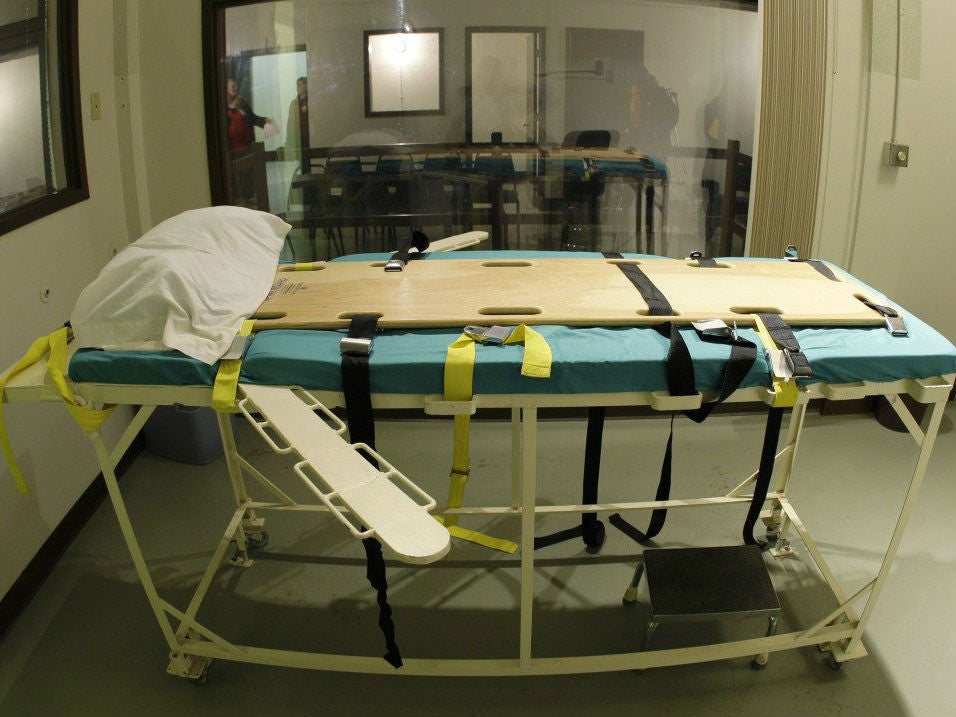Germany abolishes death penalty in public vote
'There was a fear if a terrible crime was committed... then the vote could do the wrong way," local politician says

Germany has abolished the death penalty after voters in the last state where capital punishment was legal, overwhelmingly approved a constitutional change.
In total, 83 per cent of voters in Hesse — which includes the city of Frankfurt — approved abolishing state executions.
The ballot was purely symbolic, because Germany's federal constitution and European treaties mean the death penalty is already banned in the country as these override state law.
Capital punishment is banned in all European Union countries, including Britain.
It took so long for Hesse to reform the law because “there was a fear that if a terrible crime was committed” ahead of any referendum, “then the vote could do the wrong way”, said Hesse's minister for work, family and health, Juergen Banzer.
It was also considered unnecessary as “the Basic Law overrules state constitutions”.
Two people were handed the death penalty in the state three years following the Second World War, although they were later commuted to life sentences following the constitutional ban in 1949.
The referendum last month coincided with a regional vote which saw big losses for Angela Merkel’s Christian Democratic Unionists.
Ms Merkel announced shortly afterwards that she would not seek re-election as Germany's chancellor.
Additional reporting by Associated Press
Join our commenting forum
Join thought-provoking conversations, follow other Independent readers and see their replies
Comments
Bookmark popover
Removed from bookmarks